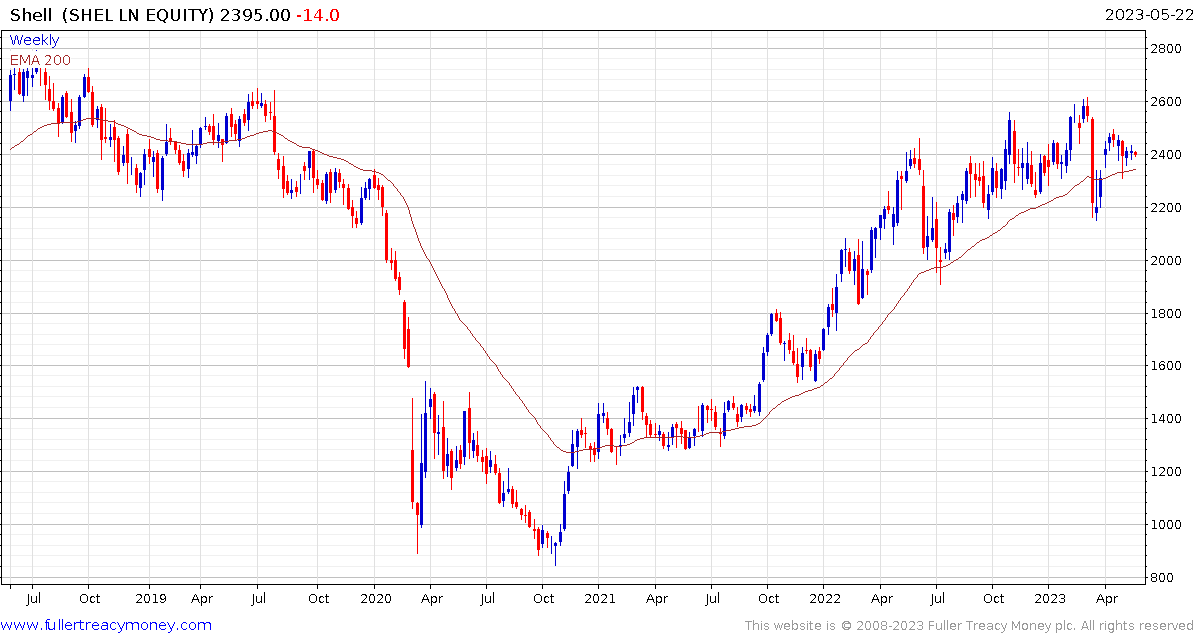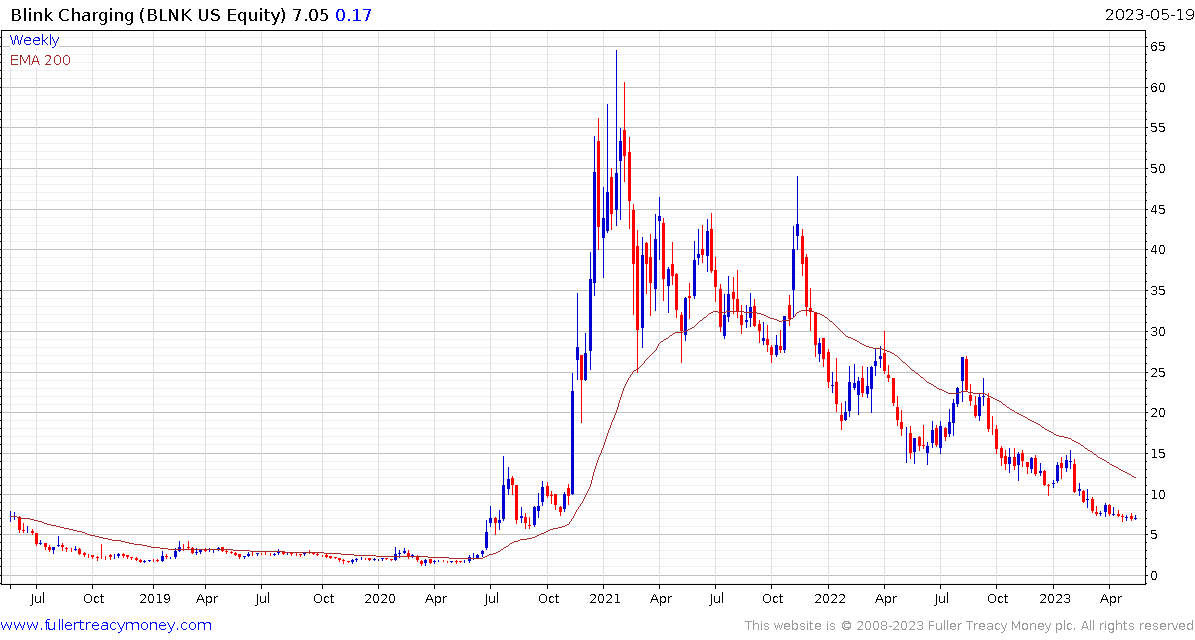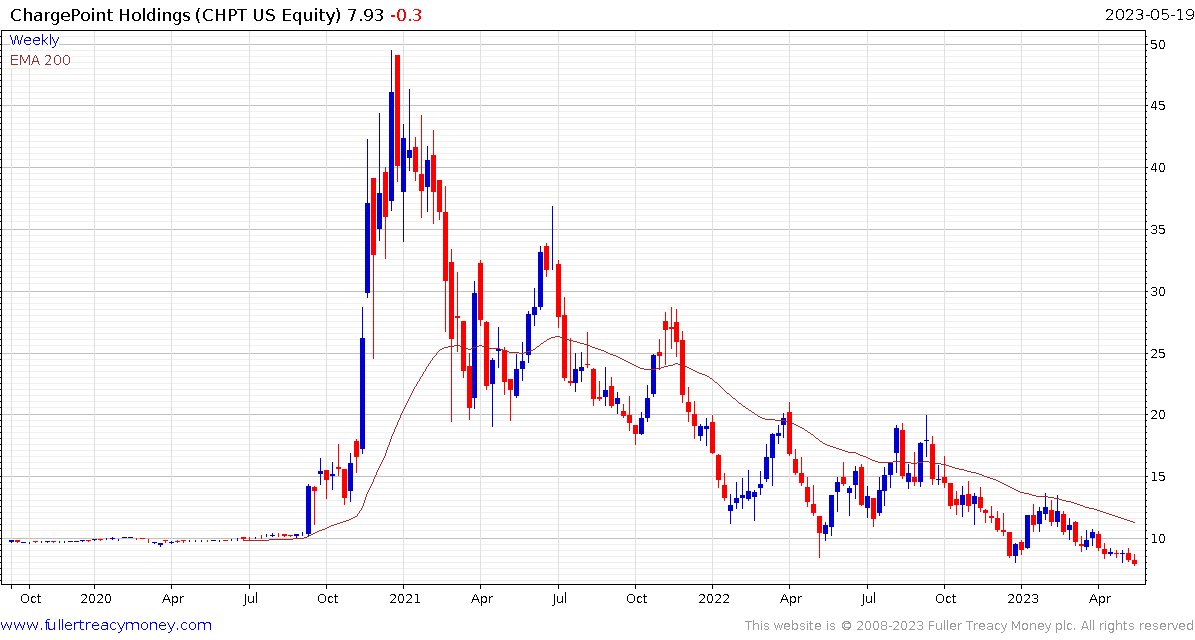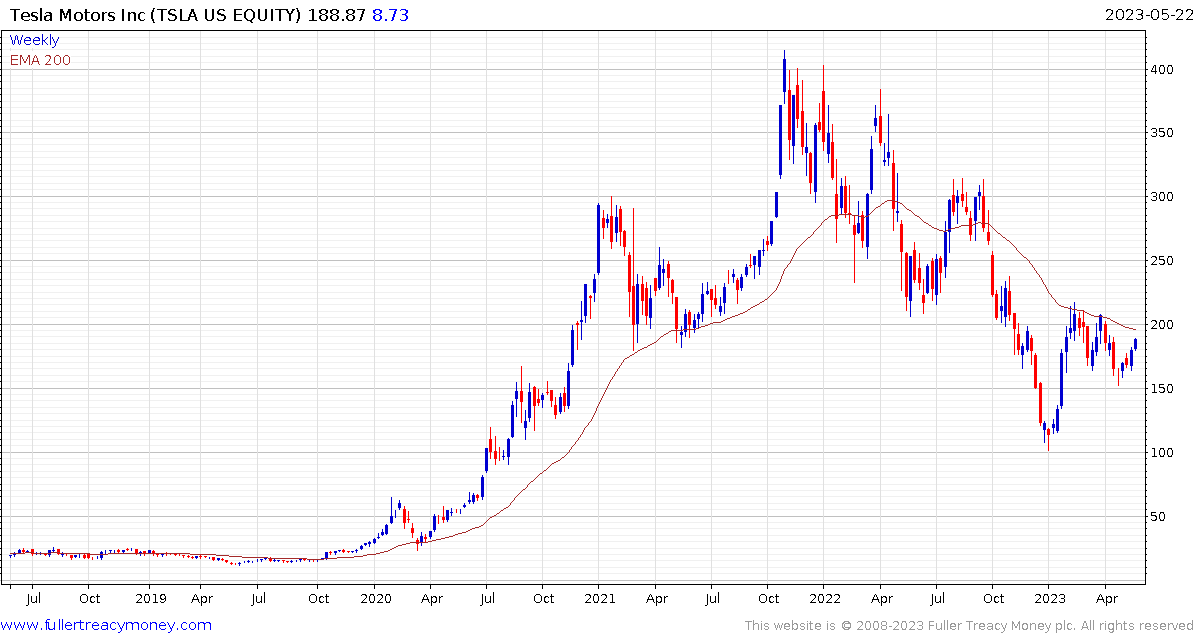Why So Many Electric Car Chargers in America Don't Work
This article from Bloomberg may be of interest. Here is a section:
There isn’t a single reason for EV charger failures. Some of the problems, particularly with older machines, can be chalked up to a new technology going through the usual learning curve of improvements, all while sitting outside, exposed to the weather. There have been cycles of needed upgrades, such as replacing modems to deal with 5G wireless internet service. The myriad networks, retail outlets and garage owners who own the machines don’t always stay on top of maintenance. And chargers must communicate with a rapidly expanding variety of cars.
To that end, the precise scope of the problem isn’t known. EV drivers face a complex landscape of competing charging companies, each with its own stations and app, and there is no central repository of data on station performance. One widely cited 2022 study of fast-charging stations in the San Francisco Bay Area (excluding Tesla Inc.’s Superchargers), found that about 25% of the 657 plugs weren’t working. While J.D. Power doesn’t disclose reliability rankings, Gruber said the worst-performing charging company leaves drivers unable to plug in about 39% of the time.
“With public charging, it’s a bit of the wild, wild West,” he said.
Tesla proved that reliable charging is possible. The all-electric automaker runs a global network of 45,000 Superchargers, which can add up to 200 miles of range in just 15 minutes. Tesla consistently gets the highest customer-satisfaction marks of any charging company in J.D. Power’s surveys, Gruber said. Its drivers report charger downtime of just 3%.
But Tesla has the advantage of keeping everything in-house. Until recently, Superchargers could only be used by Tesla cars, and didn’t need to work with the growing array of other EVs and batteries. Tesla also owns its Supercharger network, whereas many of the public chargers installed over the past decade are owned by whoever owns the parking lot where they’re located. Such property owners, Gruber said, don’t have as strong an incentive to maintain their machines.
The challenge with developing a profitable EV market is margins are thin and the market is highly competitive. That suggests not every business model is likely to be successful. Constructing a charging network is capital intensive and the pay back is uncertain until the total penetration of EVs is known.

That suggests the winners from this build out will be companies like Tesla with a large loyal captive customer base or the utilities supplying electricity directly to drivers. Shell’s acquisition of Volta is a case in point. They see their future as an electric utility selling into the transportation sector just like the gasoline business. That’s part of Shell’s desire to ensure green investments pay of themselves and are not merely PR exercises.


Meanwhile ChargePoint and Blink Charging are barely steady as they haemorrhage money.
 Tesla is receiving some investor credit for its efforts in AI and automation. The share is currently rallying to test the region of the 200-day MA. A sustained move above it will be required to confirm a return to demand dominance beyond the short term.
Tesla is receiving some investor credit for its efforts in AI and automation. The share is currently rallying to test the region of the 200-day MA. A sustained move above it will be required to confirm a return to demand dominance beyond the short term.


